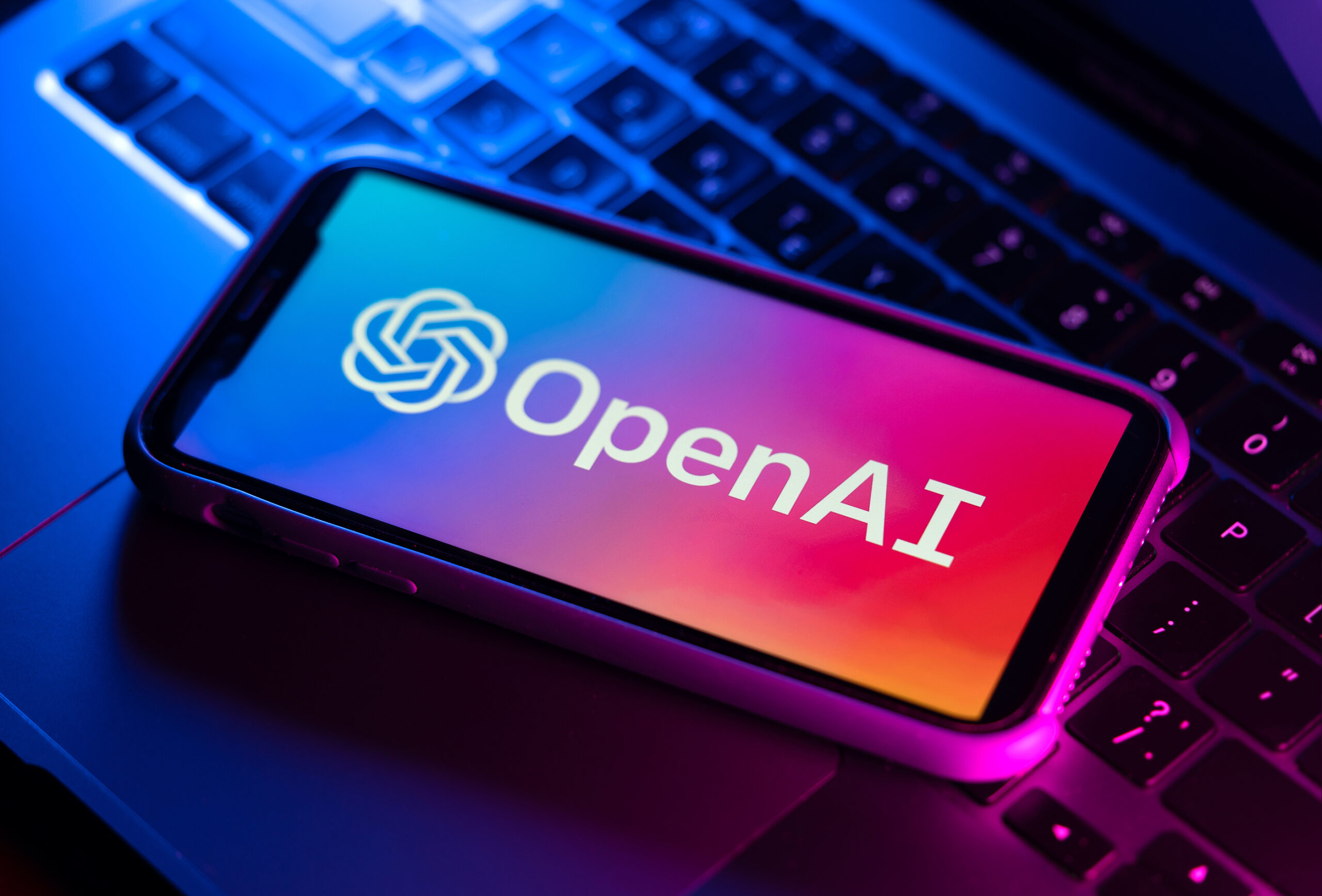The OpenAI Data Breach: Unveiling Cybersecurity Challenges in the AI Era
AI breach at OpenAI: What does it mean for your data? Discover the hidden risks and essential safeguards in our latest analysis. #AISecurityu #DataProtection #CyberRisk

In a world increasingly driven by artificial intelligence (AI), the recent data breach at OpenAI has sent shockwaves through the tech industry and beyond. This incident not only exposes vulnerabilities in AI development but also raises critical questions about cybersecurity in an AI-dominated landscape.
Understanding the OpenAI Data Breach
The OpenAI data breach, reported by the New York Times, revealed that a hacker gained access to the company's internal messaging systems in 2023. This intrusion allowed the perpetrator to steal crucial details about OpenAI's artificial intelligence technologies.
What Was Stolen?
The hacker accessed discussions in an online forum where OpenAI employees shared information about their latest technologies. While the breach didn't compromise the core systems where OpenAI builds its AI models, it still exposed sensitive information about the company's AI design processes.
OpenAI's Response
OpenAI executives informed employees and the company's board about the breach during an all-hands meeting in April 2023. However, they decided against making the news public, citing that no customer or partner information had been compromised.
Comparison with Other High-Profile Data Breaches
To put this incident into perspective, let's compare it with another notable data breach:
- OpenAI Data Breach:
- Targeted internal communication systems
- Exposed AI design details
- No customer data compromised
- Limited public disclosure
- Ticketmaster Data Breach (2018):
- Affected customer payment information
- Impacted up to 40 million users
- Resulted in a $10 million fine
- Public disclosure and legal consequences
This comparison highlights the varying nature and impact of data breaches across different industries.

The Rise of AI and Its Impact on Cybersecurity
As artificial intelligence in business continues to grow, so do the associated cybersecurity risks. The OpenAI incident underscores the need for robust AI risk management strategies.
AI for Business: Opportunities and Risks
Artificial intelligence offers numerous benefits for businesses, including:
- Enhanced data analysis and decision-making
- Improved customer service through chatbots and virtual assistants
- Streamlined operations and increased efficiency
- Personalized marketing and product recommendations
However, these advantages come with potential risks:
- Vulnerability to cyber attacks targeting AI systems
- Privacy concerns related to data collection and processing
- Ethical considerations in AI decision-making
- Dependence on AI systems for critical business operations
The Role of AI in Cybersecurity
Ironically, AI itself plays a crucial role in modern cybersecurity efforts. AI-powered tools can:
- Detect and respond to threats in real-time
- Analyze large volumes of data to identify patterns and anomalies
- Automate routine security tasks, freeing up human resources
- Predict and prevent potential security breaches

Cybersecurity Risk Management in the AI Era
The OpenAI data breach highlights the importance of comprehensive cybersecurity risk management strategies, especially for organizations working with advanced AI technologies.
Key Components of Cybersecurity Risk Management
- Risk Assessment: Regularly evaluate potential threats and vulnerabilities in AI systems and related infrastructure.
- Incident Response Planning: Develop and maintain a robust plan for responding to data breaches and other security incidents.
- Employee Training: Educate staff about cybersecurity best practices and the specific risks associated with AI technologies.
- Data Protection: Implement strong encryption and access controls to safeguard sensitive information.
- Continuous Monitoring: Use AI-powered tools to monitor systems for potential threats and anomalies continuously.
Cybersecurity Assessment: A Crucial Step
Regular cybersecurity assessments are essential for identifying vulnerabilities and ensuring the effectiveness of security measures. These assessments should include:
- Penetration testing to simulate real-world attacks
- Vulnerability scans to identify potential weaknesses in systems and applications
- Review of security policies and procedures
- Evaluation of employee awareness and adherence to security protocols

The Impact of AI on Search Engines and Information Access
The OpenAI data breach also raises questions about the security of AI-powered search engines and information access tools.
OpenAI Search Engine: Revolutionizing Information Retrieval
OpenAI's work on natural language processing has significant implications for search engine technology. An OpenAI search engine could potentially:
- Provide more accurate and contextually relevant search results
- Understand and respond to complex, conversational queries
- Offer personalized search experiences based on user behavior and preferences
Chat GPT-4 and Beyond: The Future of AI-Powered Assistance
Advanced language models like Chat GPT-4 are pushing the boundaries of what's possible in AI-powered assistance. These tools offer:
- More natural and context-aware conversations
- Improved ability to understand and generate human-like text
- Potential for integration into various applications and services
Balancing Innovation and Security
As AI technologies like Chat GPT-4 and potential OpenAI search engines become more sophisticated, striking a balance between innovation and security becomes increasingly crucial. Organizations must consider:
- How to protect proprietary AI algorithms and models
- Ensuring the privacy and security of user data
- Preventing the misuse of AI technologies for malicious purposes

Addressing Common Concerns and Objections
As we discuss the implications of the OpenAI data breach and the broader landscape of AI and cybersecurity, it's important to address some common concerns and objections.
"AI is too complex for most organizations to manage securely"
While AI technologies can be complex, many tools and frameworks exist to help organizations implement and secure AI systems effectively. With proper training and support, businesses of all sizes can harness the power of AI while maintaining strong security practices.
"The benefits of AI don't outweigh the security risks"
The potential benefits of AI for business efficiency, innovation, and customer experience are significant. By implementing robust cybersecurity measures and following best practices, organizations can mitigate risks while still reaping the rewards of AI technologies.
"We can't trust AI-powered security tools"
AI-powered security tools have proven highly effective in detecting and preventing cyber threats. While no system is perfect, combining AI capabilities with human expertise creates a powerful defense against evolving cybersecurity challenges.
So what's next?
The OpenAI data breach serves as a stark reminder of the cybersecurity challenges facing organizations in the AI era. As artificial intelligence continues to transform businesses and society, it's crucial to prioritize security and risk management.
By implementing comprehensive cybersecurity strategies, conducting regular assessments, and staying informed about emerging threats and best practices, organizations can harness the power of AI while protecting their assets and stakeholders.

Key Takeaways:
• The OpenAI data breach exposed vulnerabilities in AI development processes
• AI offers significant benefits for businesses but also introduces new security risks
• Comprehensive cybersecurity risk management is essential in the AI era
• Regular cybersecurity assessments help identify and address potential vulnerabilities
• Balancing innovation and security is crucial as AI technologies continue to advance
P.S. How is your organization preparing for the cybersecurity challenges of the AI era? Share your thoughts and experiences in the comments below, and let's continue this important conversation.
Disclaimer: The views expressed in this blog are not necessarily those of the blog writer and his affiliations and are for informational purposes only.
If you found this blog post insightful, don’t forget to subscribe to our website for more updates. Your subscription will help us continue to bring you the latest insights. And if you think this post could benefit others, please feel free to share it. Let’s spread the knowledge together!

Your Linkedin Platform for staying informed through FinFormed



